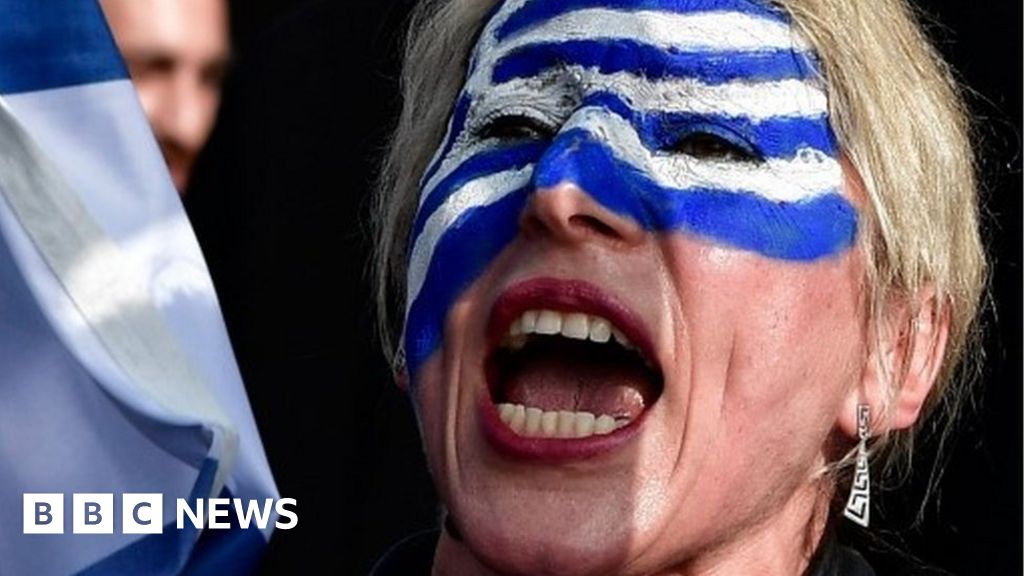Originally posted by Vangelovski
View Post
I honestly believe that there hasn't been a Macedonian born yet that will see genuine positive benefits from EU membership...so all of these already mature (in age) citizens who may end up voting in a referendum to change their identity (or remain mute to the consequences) in the hope of attaining EU membership are totally deluded and kidding themselves that they will benefit anything in their lifetime...










Comment